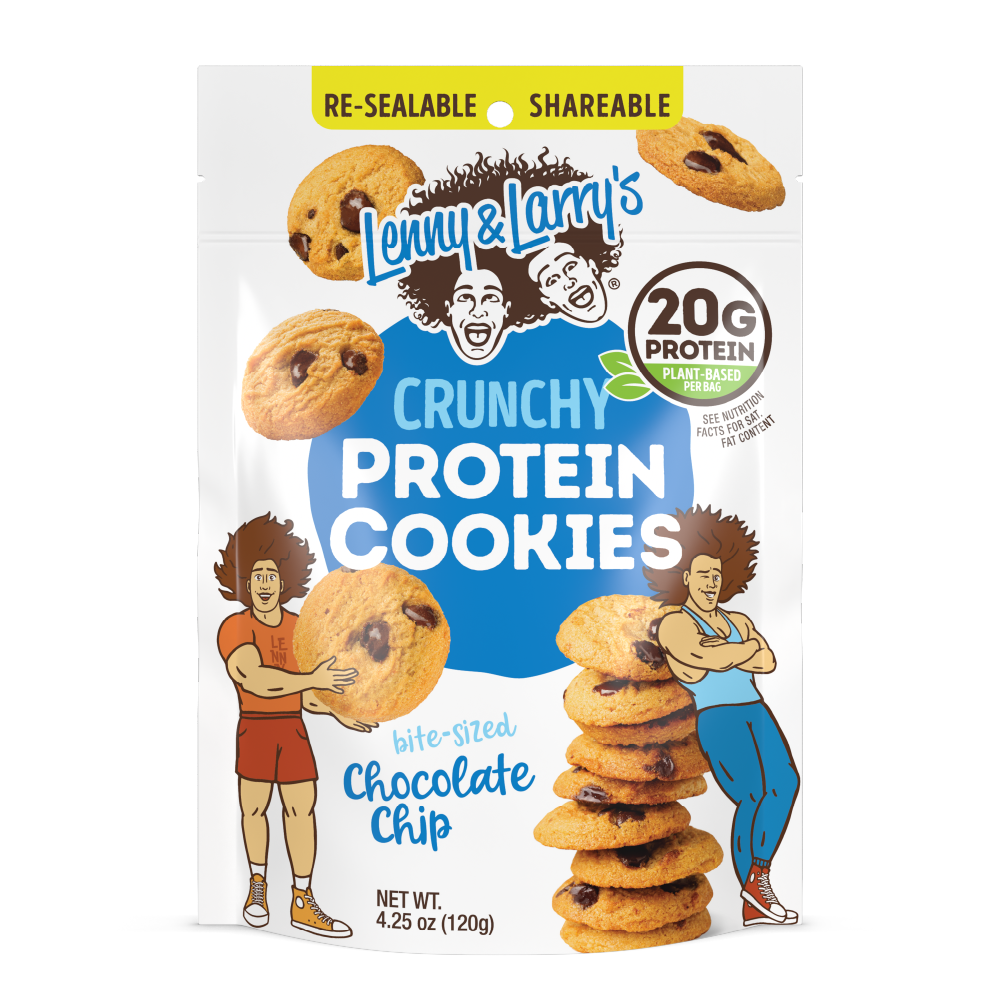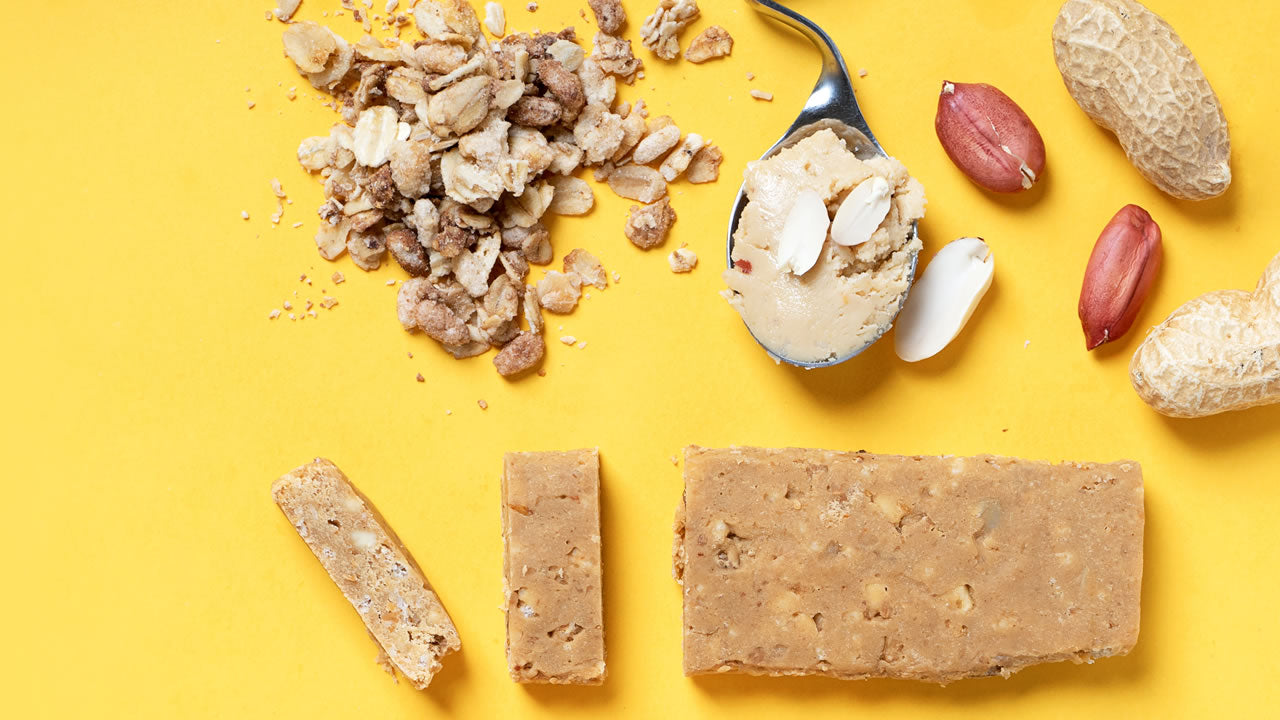In the fitness world along with the healthy-eating space, protein bars are just about everywhere. Your local gym probably has a snack bar that has some for sale if you're looking for a quick pick-me-up before or after a workout. They're located in just about every grocery store near the granola and cereal bars, and you may even spot them in your local pharmacy. Simply put, protein bars are a fast and convenient way to get a quick protein boost in an easy-to-eat form.
But choosing the right type of protein bar can be challenging, especially with so many brands and so many dietary restrictions such as protein type or caloric values. Should you choose plant-based or animal-based protein bars? If you have certain dietary restrictions, can you have protein bars at all? There's a lot to unpack, but we'll try to make it as simple as possible.
Should I Choose Plant-Based or Dairy-Based Protein Bars?
Deciding on a staple protein requires a bit of research. When comparing dairy-based proteins against plant-based proteins, consider the first dietary restriction that will eliminate one of these choices — veganism.
If you're vegan and looking for protein bars, the choice is decided for you. Dairy-based proteins come from cows, and animal-based foods and byproducts completely contradict vegan dietary restrictions. As such, they don't need to be a consideration. If you're a vegetarian, the choice isn't quite so clear since most vegetarians simply abstain from meat and not necessarily animal byproducts as a whole.
Why Plant-Based Protein Bars Are Good for You
We've discussed the benefits and disadvantages of both plant and dairy-based proteins on our blog. Specifically, in protein bars, there are several unique factors.
First and foremost, they are made without animal-based proteins, which means they're free from dairy products such as milk and cheese. This also makes them a viable option for vegans but also for people who may have conditions intolerance to lactose or other dairy-related allergies. For people wishing to increase their plant-based protein consumption, protein bars can help make the transition easier.
Plant-based proteins are also available from a wide variety of naturally grown food — think of common plants like peas, beans, and pumpkin seeds — that are all naturally gluten-free. There's an exception with oats and wheat due to cross-contamination and new industrialized milling practices.
Plant-based protein is also considered by many to be better for the environment. Two of the largest contributing factors to this belief are water consumption and the number of carbon emissions produced by animal husbandry.
And finally, plant-based proteins don't cause harm to any animals. We're sure lots of cows appreciate that moove!
Why Dairy-Based Protein Bars Are Good for You
That being said, we definitely don’t want to take away from dairy-proteins immense benefits, either. Simply put, because dairy-based proteins are complete proteins, they may benefit some people’s specific fitness or dietary goals better. Dairy-based protein bars will usually have higher concentrations of protein since they contain more BCAAs like leucine, valine, and isoleucine.
The Power of Plant-Based Proteins
Despite our earlier sentiment, choosing plant-based protein bars doesn’t have to be an all-or-nothing choice. Carefully consider your unique nutrition goals along with any preexisting dietary restrictions that you may have. With so much variety in where we can get protein from, we courage you to experiment to find the best protein source for your needs.
To be clear: There are good protein options on both sides; only you can decide which option will be best for you.
 Lenny and Larrys
Lenny and Larrys

